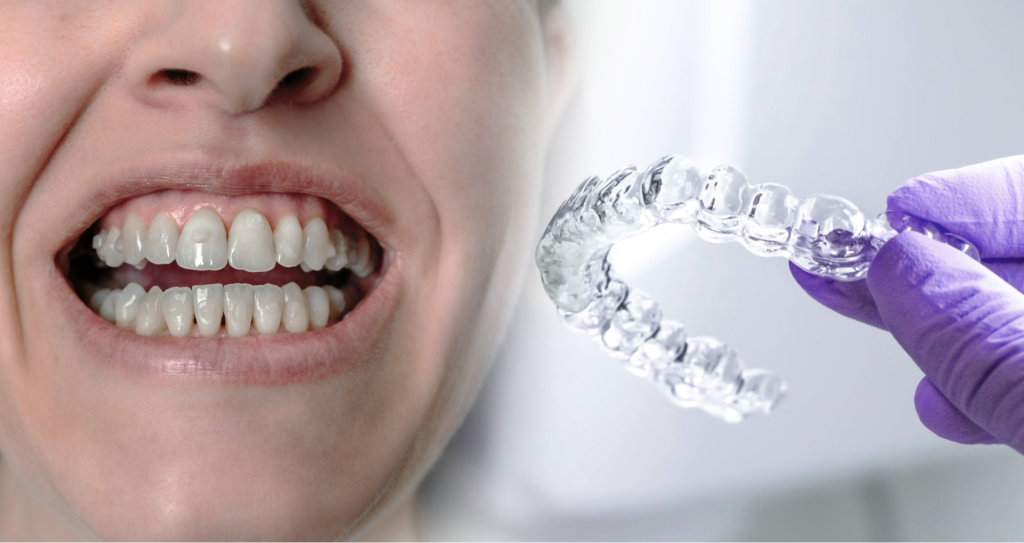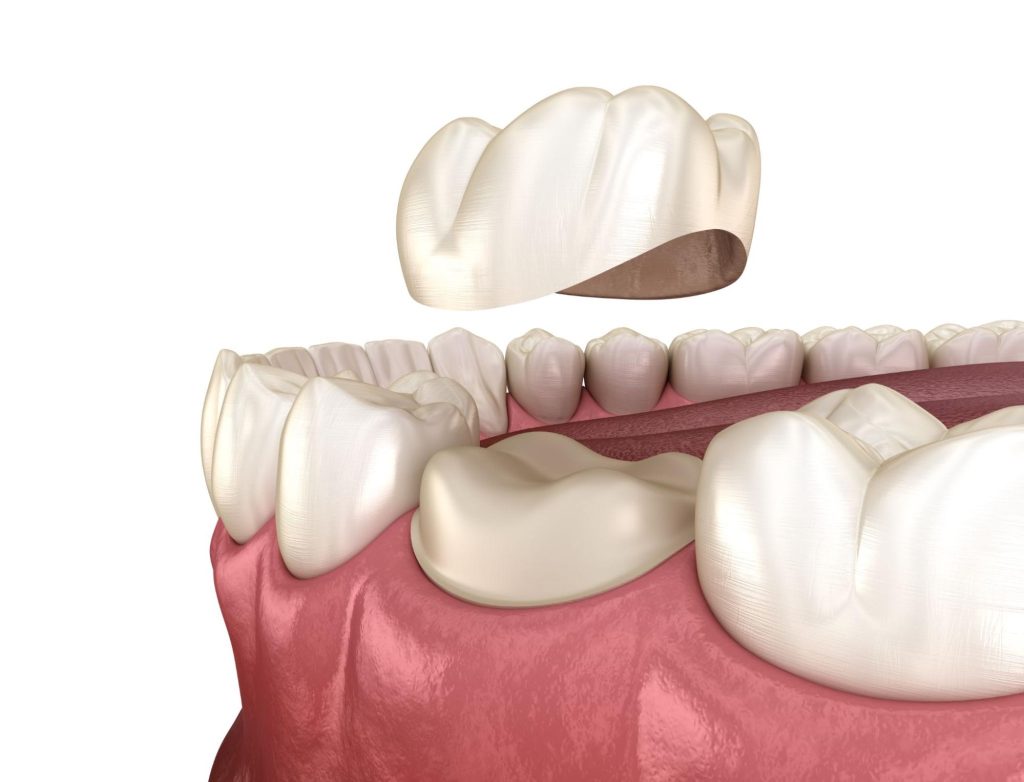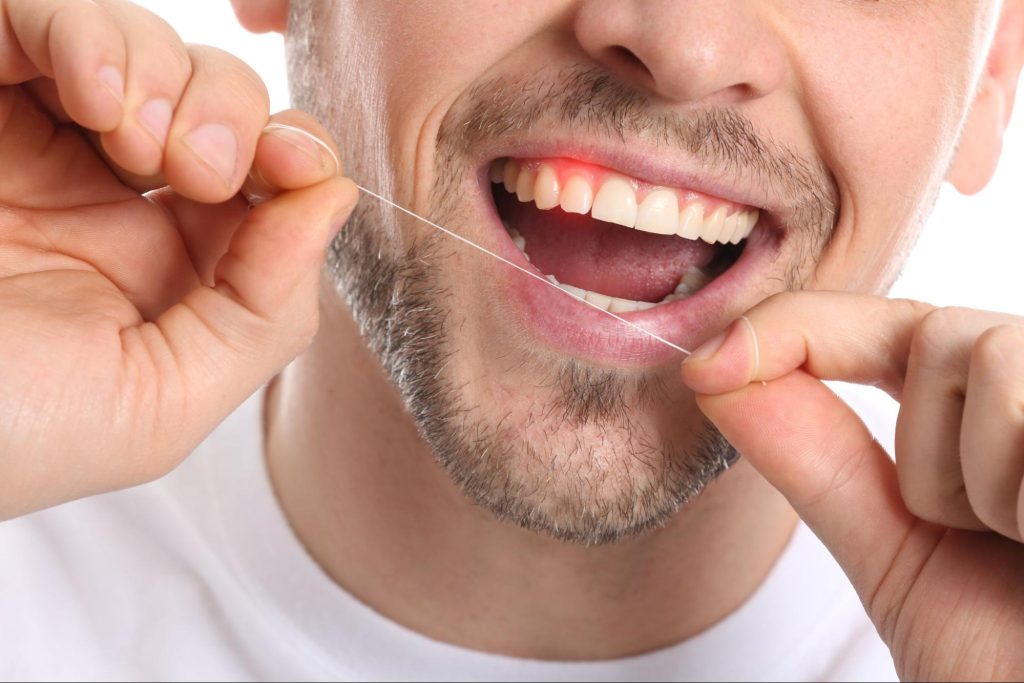According to paediatrics, your child’s teeth begin forming in the second trimester of your pregnancy. As such, it is advisable to visit your dentist even before birth to start your child’s oral health care plan and begin early preparation. Early preparation may mean good nutrition, good oral health habits, and prenatal vitamins to be sure your baby’s developing teeth are strong.
Good oral health in babies and toddlers is directly linked to overall health, and that’s why you need to equip your toddler with the best oral hygiene practices. Your toddler will smile, laugh, talk, and eat confidently with healthy teeth. And in the long term, good dental care will help set healthy dental habits as your toddler grows. On the other hand, poor dental care leads to disease, infection, and other teeth problems that could adversely affect the toddler’s teeth as they grow.
Here are five tips to follow when maintaining good oral health in your toddler.
1. Set a good example
Toddlers mimic their parents’ behaviour. They are observant beings and will copy what you do, including your oral health practices. If you make flossing and brushing a family tradition, they will follow your lead. Such teachability can help parents maintain good oral health in toddlers.
You can take advantage and set the best example your child will ever have. For instance, make it a habit to brush their teeth twice a day, and you’ll see them adopt this lifestyle.
Squirt a pea-sized amount of fluoride toothpaste onto your toddler’s brush. Start brushing the gum line, at the back of their mouth, at a 45° angle. Then brush the front teeth in short horizontal strokes while ensuring the brush partially rests on the gums. This tradition will give your toddler room to copy what you do and help them learn the right oral health care routine.
2. Start proper oral hygiene habits while they’re young
Next to regular dental care is having the right diet for your kid at an early stage. Sweets and candies make the toddler’s gum more susceptible to diseases and decay, causing poor oral health like early childhood caries. Therefore, be keen on the foods and drinks you give to your child.
Your dental professional will also advise you to continuously teach your young kid oral health practices like cleaning teeth and gums regularly, visiting the child’s dentist regularly, avoiding sweets and candies, and educating them on gum disease. Most children will continue practising these techniques even as they grow. That is why teaching your toddler the right dental habits from a young age is important.
3. Replace your toothbrush regularly
Most dentists recommend that parents and guardians replace their kid’s toothbrushes every three months. Baby teeth are sensitive and require you to gently brush with a soft toothbrush. When replacing the old toothbrush with a new one, go for one with soft bristles that’s long enough to reach the back teeth and front teeth.
It is advisable to swap out the toddler’s electric toothbrush head even before the bristles become matted, frayed, or curled at the edges. Failure to change the electric toothbrush head causes a build-up of bacteria on the bristles, affecting their oral health.
4. Start dental visits early
Paediatric dentists advise that early and regular dental visits help maintain good oral health in toddlers. Even children aged one year should start having regular dental visits to private dental clinics or a public dental system.
Your paediatric dentist will give you relevant information on preventing tooth decay, taking good care of your toddler’s teeth, and preparing for the development of permanent teeth. The dentist will also advise you to avoid using too much pressure as you brush your child’s teeth and avoid sugary foods. You’ll also be advised to allow your toddler to drink fluoridated tap water as it strengthens teeth.
5. Keep them hydrated
Preventing dental caries entails more than just using fluoride toothpastes. Your toddler needs to drink fluoridated tap water more than twice a day to remain healthy. Adequate hydration protects the toddler’s teeth and gums. Your paediatric dentists will recommend giving your toddler around 2 to 4 cups of water each day to stay hydrated.
Why start them young?
Establishing good dental hygiene practices at the toddler age means your child gets accustomed to a healthy regime at a young age. These little hands find it difficult to wield their toothbrush as effectively as adults, so they need help when they are below two years of age. However, it is not just about age but the skills they need to gain to become independent brushers:
Good oral hygiene practices, such as regularly brushing teeth, minimises the risks of your toddler developing dental caries, dental decay, tooth loss, and gum disease in the future. And when you’re not around to supervise, always check your child’s teeth and mouth to know if they skipped flossing and brushing teeth. When you start them young, it will reduce the chances of needing complex and costly dental treatments in the future.
Summary
Oral health in toddlers is good to maintain as it promotes general wellbeing. Your child’s teeth can succumb to tooth decay, just like adult teeth, if not well taken care of. Therefore, you need a reputable paediatric dentist to check your toddler’s teeth and advise on the best oral hygiene practices.
Are you looking for the best dentist in town? Make an appointment for your child today at Mosman Fine Dental. Your toddler will be in good hands.



